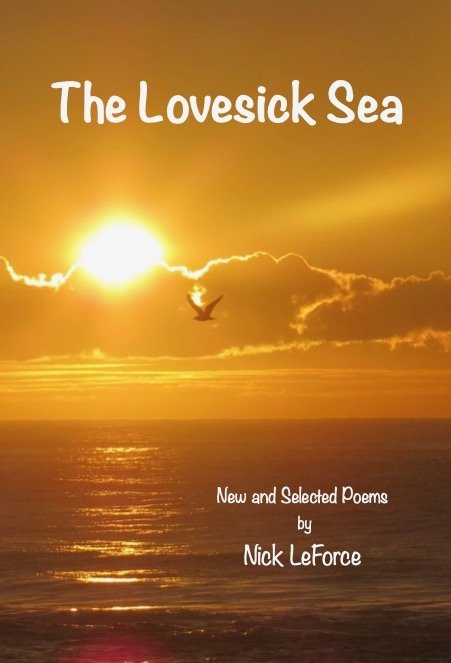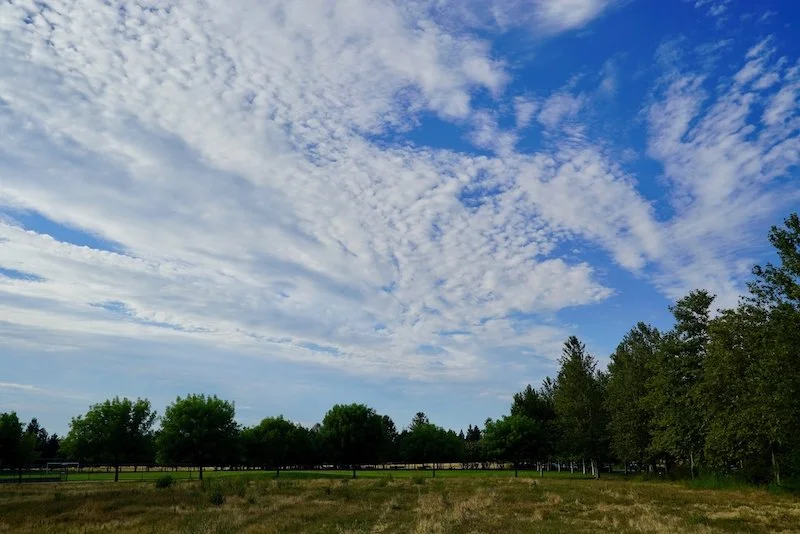A Permit For Leisure
/On this 4th of July, why not take a bucket of leisure, drawn from the high-mountain spring, water purified in the earth, hauled with care by unseen laborers to wipe your calendar clean and fill your cup with a hearty brew, foaming on top and ready to smack your lips at a break in the play while nubile bodies dance on the beach to your delight in the sizzling summer of play promised to you on the screen. All you need do is buy a 6-pack.
We idolize the allure of leisure as the epitome of freedom and freedom as the kingdom of heaven. Leisure has deep roots in our collective psyche: the roots of duty and desire are entangled in us as reminders that we are bound to each other. The word leisure, commonly used to mean free time or freedom from obligation, comes from the Latin root meaning “to be allowed.” In other words, leisure comes with permission. In the commercial, its the brewery and a few uncapped bottles. In our daily lives, its the “free time” earned from our labor and when we’ve fulfilled our duties to family and society.
Are you among the multitude plagued with a sense of not being good enough, of not having done enough, of not having enough money or time?
But these “permissions” tend to live in a blurred haze because there is no clear authority for them. The feeling of not being good enough, or not having done enough, or not having enough money or enough time plagues the vast majority of people. And there is no one to let us off the hook, no one with the authority to say when or how much is enough, no one who can allow us the rest we so desperately need from ourselves. Consequently, we either keep the leisure time we could enjoy off-limits or we pollute it with guilt. This is why we worship the “leisure class,” putting them on a pedestal as examples of the dream life, while we also resent them for the privileges they get, especially those we perceive as "born with a silver spoon in their mouths."
The entanglement of duty and desire is a consequence of the flattening of society. Authority is clear in hierarchical cultures. Entitlement literally came with "a title" bestowed on the recipient by birth or by a specific person who had the authority, and title, to grant privilege. At least some of the burdens of life were then transferred to others at a lower station who served the entitled. In turn, the entitled were supposed to protect those who served them as a reward for their loyalty. In such a culture, you know where you stand and you are expected to accept your lot in life. But most societies have overthrown the politics of privilege by birth and opened up possibilities to climb the social ladder.
This brings us back to the 4th of July, the day we celebrate American independence from British rule. It is an example of a hard-won freedom, and a claim to the privilege that we, as a people, can rule ourselves. In other words, we threw out the old system of entitlement. But this presents a psychic dilemma: if we rule ourselves, then there is no clear outside authority to permit our leisure, no one to whom we can point to justify taking "time off.” If we grant ourselves such privilege, we risk being perceived as “entitled” with all the negative connotation it now holds.
So we are caught in the vice grip of longing to be permitted leisure and the feeling that we haven’t yet done enough to justify permission and with no authority to whom we can turn to get it. We do get some temporary reprieves: The 4th of July is a governmentally declared holiday granting us a day off. Unfortunately, that authority may not carry much weight for us since “government" is an abstraction and since we Americans tend to distrust government. But what the hell—why not go with the brewer’s promise, grab that 6-pack and dream of the “leisure class” with a volleyball net on the beach and nubile bodies dancing all around you.
The current interest in mindfulness is an attempt to counterbalance the overemphasis on "doing" in Western culture where idleness is perceived as laziness. Since being busy means being important, most would rather run the treadmill to exhaustion, even if it means going nowhere, rather than be seen lounging in life. And, since we have little public authority to support leisure and cannot easily justify internal authority for leisure, we rarely allow ourselves true rest. Even our so called “time off” should be action-packed: “work hard, play hard.”
Do you pack your “time off” with activity?
When you have "time off," do you still feel the weight
of the undone on your to-do list?
When or under what circumstances
do you allow yourself to truly rest?
Please share your thoughts and comments below.
© Nick LeForce; All Rights Reserved








